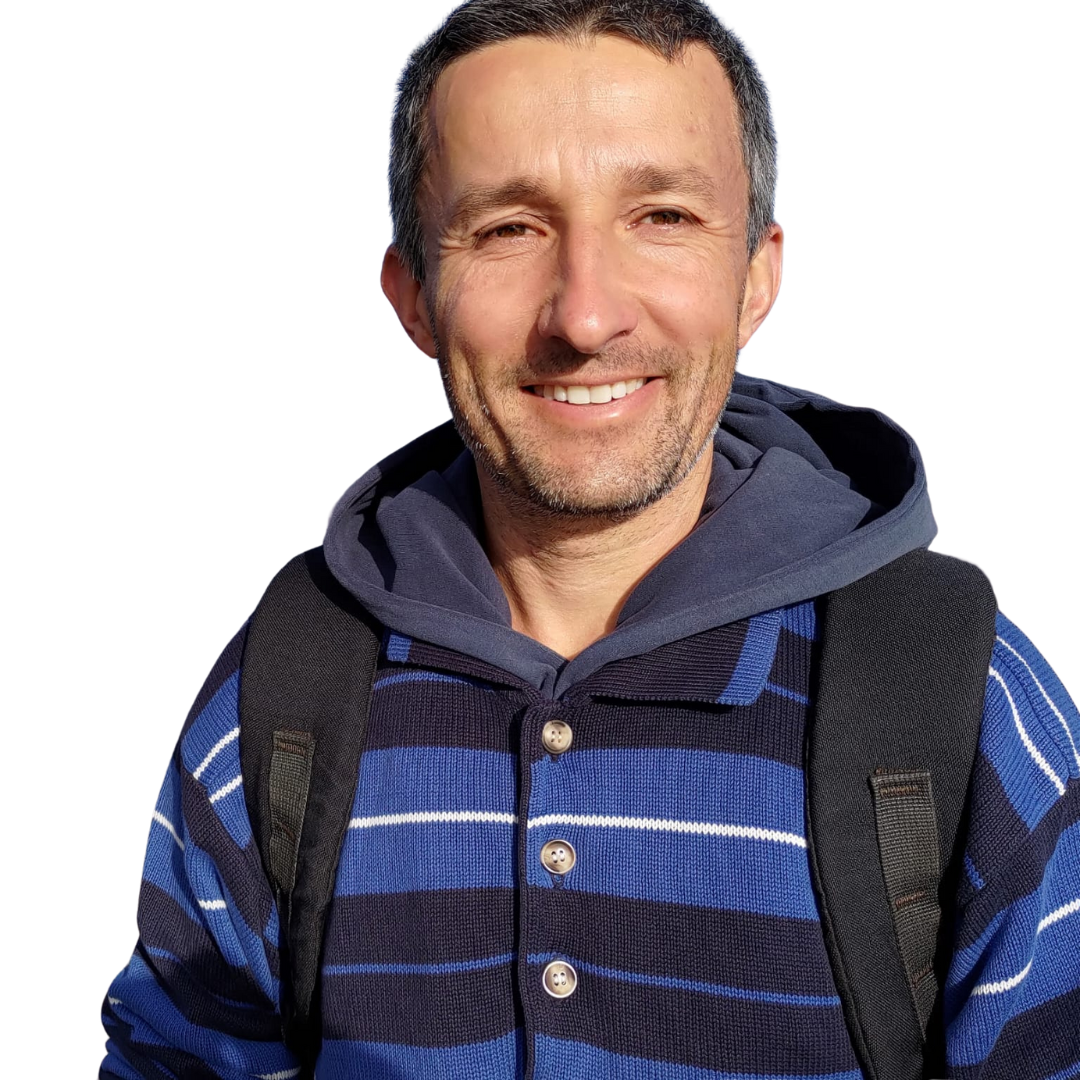The Art of Difficult Conversations. Transformative Communication in Practice
1 850,00 zł
The "Transformative Communication in Practice" training is particularly valuable for physiotherapists who, in their daily work, not only perform treatments but also build relationships based on trust, empathy and effective communication with patients.
The "Transformative Communication in Practice" training is particularly valuable for physiotherapists who, in their daily work, not only perform treatments but also build relationships based on trust, empathy and effective communication with patients.
What is Transformative Communication?
Transformative communication touches on something fundamental in each of us, supporting deep needs for authenticity, autonomy, and connection. It is based on a relational perspective on communication and conflict, seen primarily as crises in human interactions. Crises destabilize, weaken, close us off, and trigger reactions that entangle us and others in a negative spiral of conflict.
This form of communication focuses on transformation mechanisms that support internal change and influence the quality of contact with others. Each such change matters because it removes the fuel for destructive reactions and activates processes of strengthening, releasing, and opening. Through this, we regain ourselves in difficult situations, free ourselves from mental and emotional imprisonment, and expand the range of possibilities in our interactions with others, whether in relationships or in solving specific issues.
Communication and Conflict — Developing Practical Skills
This workshop develops competencies in conflicts and conversations on sensitive topics. It highlights the importance of different communication levels and why conflict often plays out beneath the surface of matters, transactions, and solutions. We will explore patterns of destructive and constructive interaction, mechanisms of conflict transformation, and how we experience conflict in our everyday life situations. Through simulations, we will learn how to pause automatic reactions, act more intentionally and in accordance with what matters and is valuable to us, and build better contact in both relational and daily interactions. We will practice communication skills and explore constructive engagement in conflict within selected contexts.
Why is it worth it?
1. Strengthening the therapeutic relationship
The training teaches how to conduct conversations in a way that fosters a deeper understanding of the patient's needs, builds trust, and supports engagement in the treatment process.
2. Coping better with difficult situations
As a therapist, you often encounter patients experiencing frustration, pain, or anxiety. The ability to conduct conversations in a transformative spirit allows you to transform tensions and conflicts into constructive conversations.
3. Development of soft skills
The training develops skills such as attentive listening and contact with the interlocutor, recognizing signals of destructive and constructive communication, regaining power, openness and empathy in conflict, stopping reactivity and acting based on an internal compass with respect for one's own and others' boundaries, and reflectiveness, which are key in working with patients and in communicating with the medical team.
4. Practical communication skills for everyday work
Participants acquire specific communication skills and strategies that can be immediately put into practice, improving the quality of interactions with patients.
5. Support in preventing burnout
By learning conscious and connecting communication, you will take better care of your emotions and stress levels, which translates into greater job satisfaction and a reduced risk of burnout.
For physiotherapists who want to deepen their communication skills and build good relationships with patients, this training is a valuable investment in their professional development.
Methods of Work
The workshop is interactive, integrating theory and practice through exercises, simulations, film analysis, personal experiences, and group conversations combined with individual reflection. Learning is supported by video materials made available before the meetings.
What Will You Learn in the Transformative Communication Workshop?
This workshop invites you to develop skills that will help you better understand yourself and others in tension-filled situations. You will learn:
- How to pause and reflect during conflict
- How to recognize signals of weakness/absorption by others, as well as strengthening and openness
- How to build your own foundation and integrity in conflict
- How to use conflict transformation mechanisms
- How to listen attentively and build better contact with conversation partners
- How to apply transformative communication skills
- How to gain confidence and skills in engaging constructively in difficult conversations
09:00 – 09:45
Introduction, getting to know the group, expectations and challenges
09:45 – 10:30
Experiencing personal conflicts, exercise and discussion
10:30 – 10:45
Break
10:45 – 11:30
Signals of escalation/recognition and conflict transformation
11:30 – 12:15
Integrity in Conflict and the Inner Compass
12:15 – 12:30
Break
12:30 – 13:15
Boundries
13:15 – 14:00
Presence and listening
14:00 – 15:00
Break
15:00 – 15:45
Reflections Part 1
15:45 – 16:30
Reflections Part 2
16:30 – 16:45
Break
16:45 – 17:30
Simulation of Conversations with Triggers
17:30 – 18:15
Integration and Summary of the Day
09:00 – 09:45
Priorities in Communication. Non-Directive Questions and Silence Part 1
09:45 – 10:30
Non-Directive Questions and Silence Part 2, Exercise and Discussion
10:30 – 10:45
Break
10:45 – 11:30
Simulation of Difficult Conversations, Part 1
11:30 – 12:15
Simulation of Difficult Conversations, Part 2
12:15 – 12:30
Break
12:30 – 13:15
Transformative Insights and Integrity in Conflict. Summaries Part 1
13:15 – 14:00
Summary part 2
14:00 – 15:00
Break
15:00 – 15:45
Exercise on Challenges in Conversations within Selected Contexts, Part 1
15:45 – 16:30
Exercise on Challenges in Conversations within Selected Contexts, Part 2
16:30 – 17:45
Integration and Summary of the Course




Reviews
There are no reviews yet.